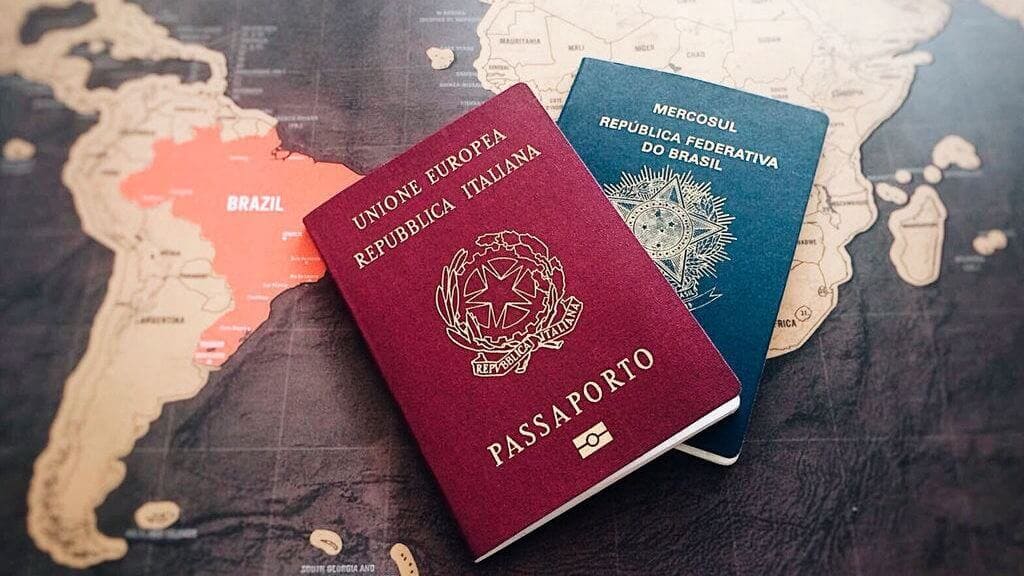Legal Provisions of 1912 and Their Implications
The Italian citizenship law of 1912 allowed only men to pass their Italian citizenship to their children, regardless of their place of birth, provided they were Italian citizens at the time of the child’s birth.
On the other hand, women did not have this right. Only after the 1948 Italian constitution guaranteed equal rights between men and women could women pass their citizenship to their children, but only to those born after January 1, 1948. Therefore, consulates deny requests for Italian citizenship involving a female ancestor whose children were born before this date.
Marriage to Foreigners Before 1948
Additionally, before 1948, Italian women who married foreigners automatically lost their Italian citizenship.
Legislative Change in 2009
However, in 2009, a court ruling challenged this rule and concluded it was unjust. Since then, applicants in similar situations have had more success in applying for Italian citizenship, thanks to this decision and several subsequent favorable cases.
Retroactive Application of the 1948 Constitution
Consequently, Italian courts have decided that the 1948 constitution, which ensures gender equality, must be applied retroactively, covering events before its creation. Thus, women can pass Italian citizenship to their children even before 1948, provided they did not naturalize in another country. Additionally, the courts have decided that women do not lose Italian citizenship upon marrying a foreigner, regardless of the laws in effect at the time.
Opposition from the Ministry of the Interior
The Ministry of the Interior, however, contests these proceedings, which must be brought before the Civil Court of Rome (“Tribunale Ordinario di Roma”).
Favorable Judicial Decisions Since 2009
Since 2009, Italian courts have frequently granted Italian citizenship in these cases. The Italian government generally does not appear in court, and the Ministry of the Interior does not send state attorneys. Almost all new cases are presided over by the same judges who have previously granted citizenship in similar cases.
Uncertainties in the Italian Judicial System
Despite the many successful cases, there is no guarantee of success, as the Italian judicial system allows for decisions that may diverge from established jurisprudence. However, the courts tend to follow established jurisprudence.
Process Duration and Family Participation
Judicial processes in Italy can take up to a year and a half to complete due to disorganization in Italian public services. Other family members can also participate in the process simultaneously, and the applicant does not need to be present in Italy at any stage.
Other Judicial Decisions and Rejection of Citizenship Requests
In Italy, you can hire a lawyer to represent your case, even if it is a typical “jure sanguinis” case without a female ancestor involved. If you have submitted a request for Italian citizenship to the local consulate and have not received a response in two years, you can appeal to the Civil Court to claim your rights.
Alternatively, you can initiate a judicial process in the Italian Civil Court if the consulate has set an appointment date more than two years in advance. In this case, the judge makes the decision, not the consulate.
The Civil Court judges these cases, not the Administrative Court (TAR). There are several favorable decisions for petitioners. If the consulate rejected your request without valid reason, consult the Administrative Courts.
Deadlines and Costs
Consider the deadlines and costs. Since September 2017, a new way of submitting pre-1948 citizenship cases to the court has reduced court costs from €550 to €286.
In addition to court costs, the certification of document translations into Italian also incurs expenses. Need help with sworn translations? Let’s talk!

